Best Ways To Effectively Lower Your Blood Pressure
When determining risk factors for stroke and heart disease, the one that appears at the top of most lists is high blood pressure. Also referred to as hypertension, high blood pressure occurs when the blood pressure in an individual's arteries is elevated, which forces their heart to work harder to pump blood throughout their body. Although many individuals simply take medications to control their blood pressure, there are many ways to help manage one's blood pressure through lifestyle choices and changes, resulting in a healthier future.
Eat Right
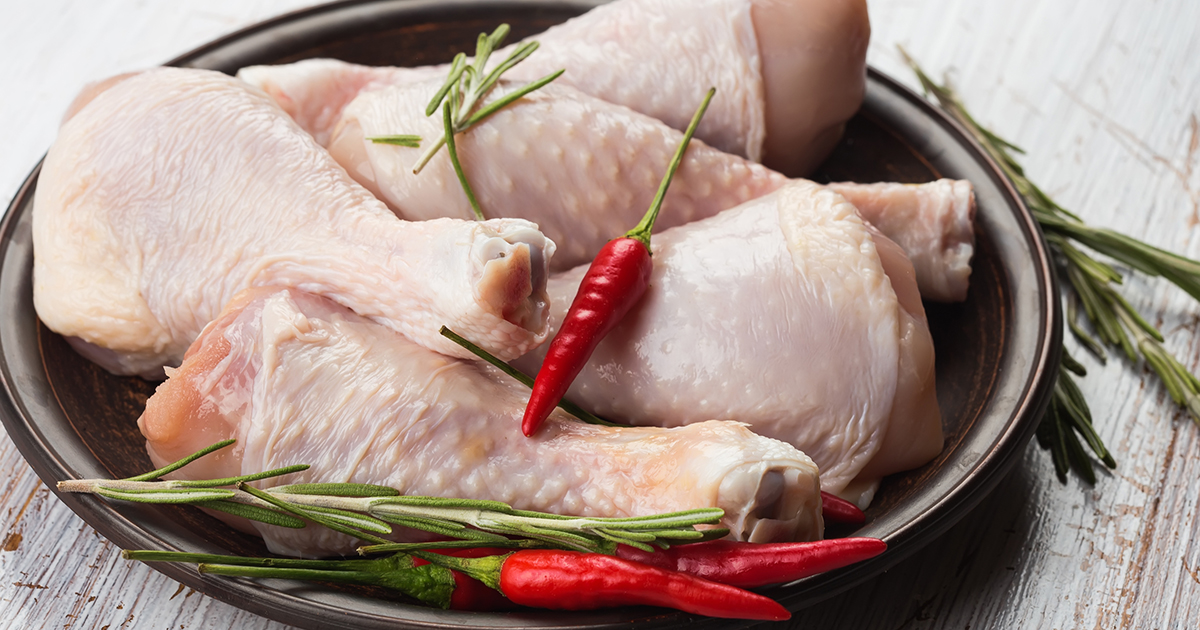
Potassium can actually lessen the effects of sodium, so focus on consuming more bananas, dark leafy greens, yogurt, fish, mushrooms, and avocados. As mentioned, avoid processed and fast foods, and when it comes to adding salt, develop new habits. Instead of reaching for the salt shaker, experiment with fresh herbs, spices, and citrus juice instead.
Get Active

Many individuals may believe they do not have enough time to exercise, but even thirty minutes a day can make a significant difference. It's all about creating new, sustainable habits. Get into a routine you enjoy, starting off slow and steady. Start by walking thirty minutes each day. Once you become more active and motivated, the sky is the limit.
Exercise can stop full-blown high blood pressure from developing in those dealing with prehypertension. Some of the best exercises to target high blood pressure include dancing, cycling, jogging, and swimming. Strength training is also highly recommended. If you do not know where to start, speak with a doctor. They will help you develop an exercise plan that meets your needs and personal goals.
Lose Weight
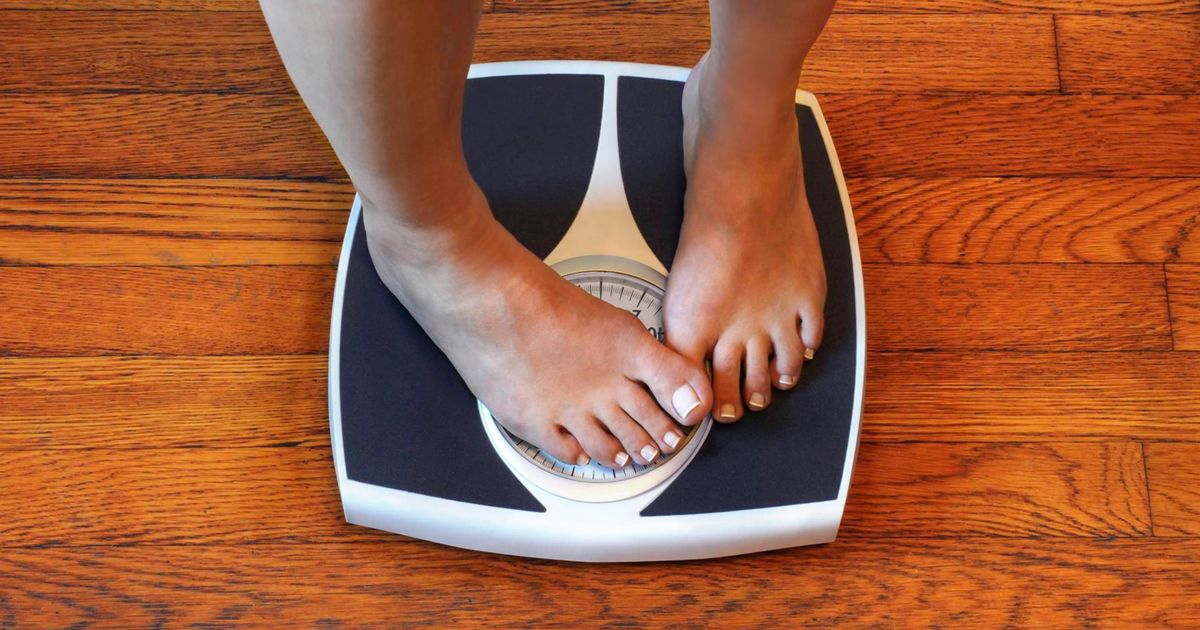
Both exercise and a healthy diet will result in weight loss. There is no doubt millions of individuals struggle with their weight on a daily basis. The increased rates of obesity are also a contributing factor regarding increased rates of heart disease and diabetes.
Losing just ten pounds can make a significant difference. Depending on an individual's current weight, that first ten pounds may be just what they need to boost their motivation. As an individual's waistline reduces, so does the strain on their heart. As long as individuals stick to their new lifestyle plan, they can and will lose weight.
Manage Stress Levels

There's no doubt this world is hectic and stressful, but managing everyday stressors is highly beneficial. Chronic stress is hard on the body, resulting in increased blood pressure. The first step is awareness, understanding how certain things can trigger increased stress. Next, it is important to avoid or change those triggers so you are calmer on a day-to-day basis. Find an activity that relaxes you. Whether you like to read, play sports, or paint, take a minimum of twenty minutes each day to simply sit, relax, and enjoy the moment. If you are prone to stress, deep breathing and mindfulness have both been shown to be highly effective.
Reduce Your Intake Of Alcohol, Drink More Water

There are a number of studies that have shown in small doses, some kinds of alcohol, such as red wine, may actually benefit certain aspects of health. The standard seems to be one drink a day for females and two drinks per day for males. With that being said, excessive consumption of alcohol can actually increase an individual's blood pressure. It is also important to note alcohol can reduce the overall efficiency and effectiveness of blood pressure medications. Smoking is another bad habit that contributes to increased blood pressure. If you currently smoke, it is highly recommended that you try to quit to protect yourself from heart disease and cancer.
Reduce Consumption Of Sodium
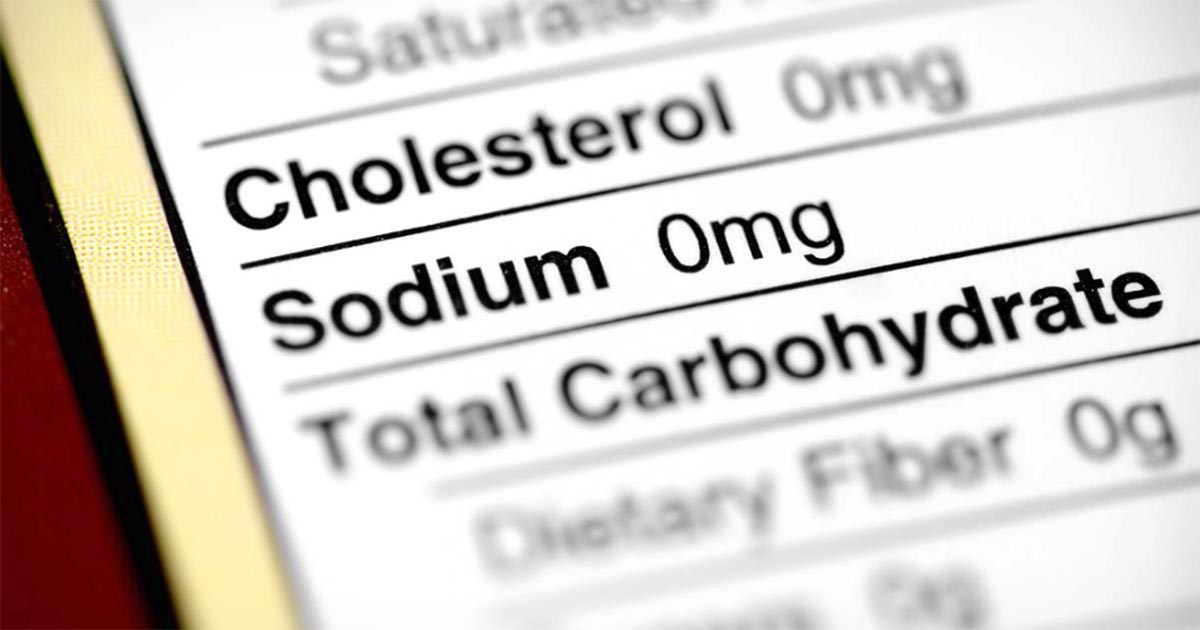
Sodium is one of the main culprits of high blood pressure, and consuming too much of it regularly can increase an individual's risk for heart attack and stroke. Sodium is found in many foods, some of which are even marketed as healthy foods. It is generally recommended for most adults to consume no more than 2,300 milligrams of sodium per day. However, some experts recommend aiming for less than 1,500 milligrams per day, especially for individuals who are more sensitive to the harmful effects of sodium. To reduce sodium intake, it is best to consume whole foods that are not processed with added sodium. Fresh fruits, vegetables, and lean meats are particularly good for individuals who wish to reduce their consumption of sodium.
Take Blood Pressure Medication As Directed
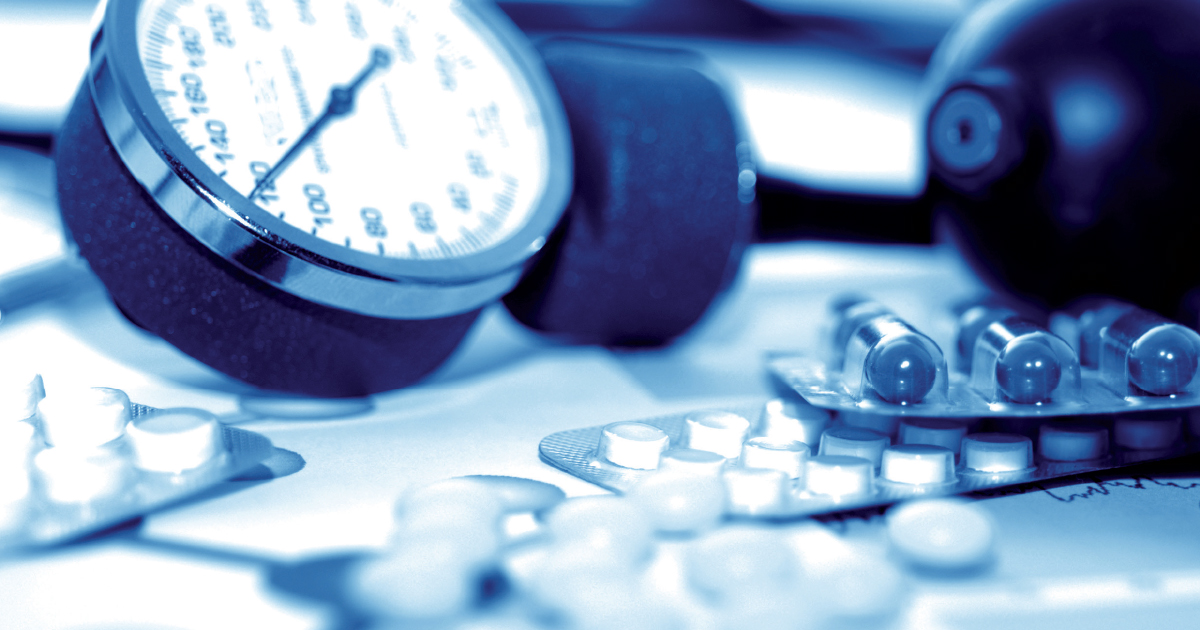
Doctors often prescribe medications to help patients control their high blood pressure. It is important for them to take blood pressure medication as directed to get the most benefits and avoid potentially serious complications. Beta blockers, such as metoprolol, propranolol, and atenolol, are often effective in reducing blood pressure by blocking the effects of adrenaline, which is the main contributor to high blood pressure. Spironolactone, hydrochlorothiazide, or another type of diuretic may also be prescribed to control high blood pressure. No matter what medications are prescribed, the direction labels should be read carefully to know how many pills should be taken and how often.
Eat Small Amounts Of Dark Chocolate
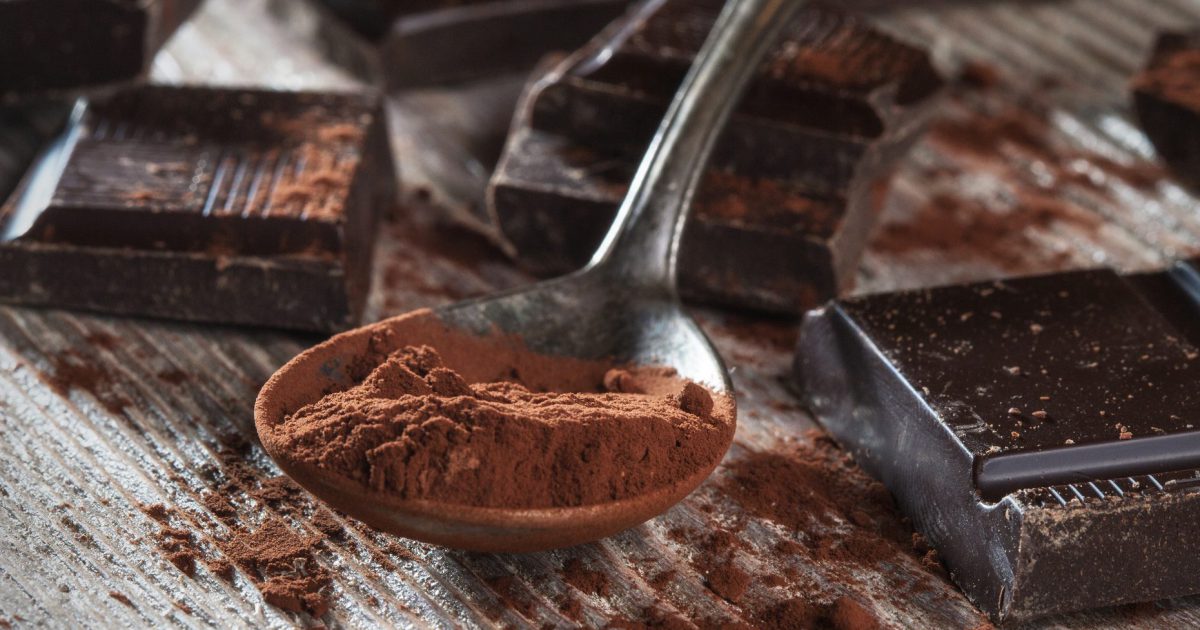
Contrary to what some people might believe, dark chocolate has several health benefits. One of the main health benefits of dark chocolate is its ability to lower blood pressure. The flavonoids found in this sweet treat have the ability to widen blood vessels, which allows blood to flow through them easier and reduce blood pressure. It is also good to eat small amounts of dark chocolate regularly to improve cholesterol levels. Dark chocolate that contains at least fifty to seventy percent cocoa is the most beneficial. However, it is advisable to refrain from consuming too much dark chocolate since it can add more unhealthy calories and sugar to one's diet. One small single square of dark chocolate per day is usually all that is needed to help keep blood pressure in check.
Quit Smoking
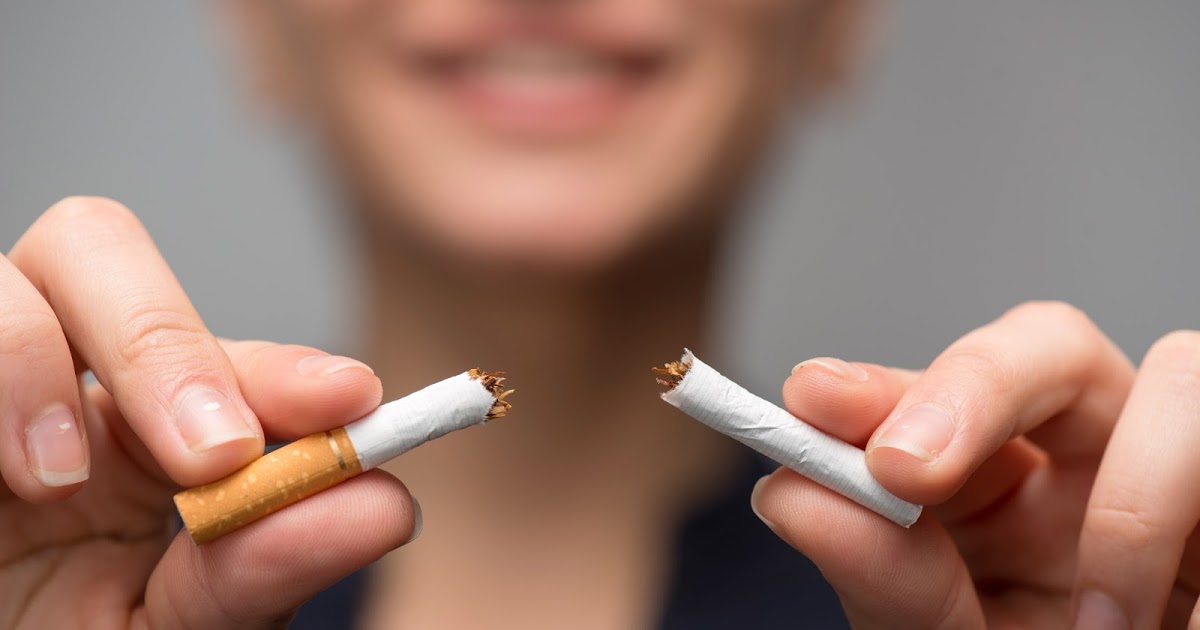
Even though smoking does not cause chronic high blood pressure directly, the nicotine in these products can still raise blood pressure temporarily by constricting blood vessels and increasing heart rate. Smoking is also known to increase the risk of developing hardening of the arteries (atherosclerosis) and heart disease, which can further contribute to blood pressure increases. Being exposed to secondhand smoke frequently can also cause these problems. Making the decision to quit smoking is the best way to avoid the effects of nicotine and keep blood pressure at a healthy, consistent level. Nicotine replacement gum and certain prescription medicines like varenicline and bupropion offer some of the most effective ways to quit smoking.
Try Taking Certain Supplements
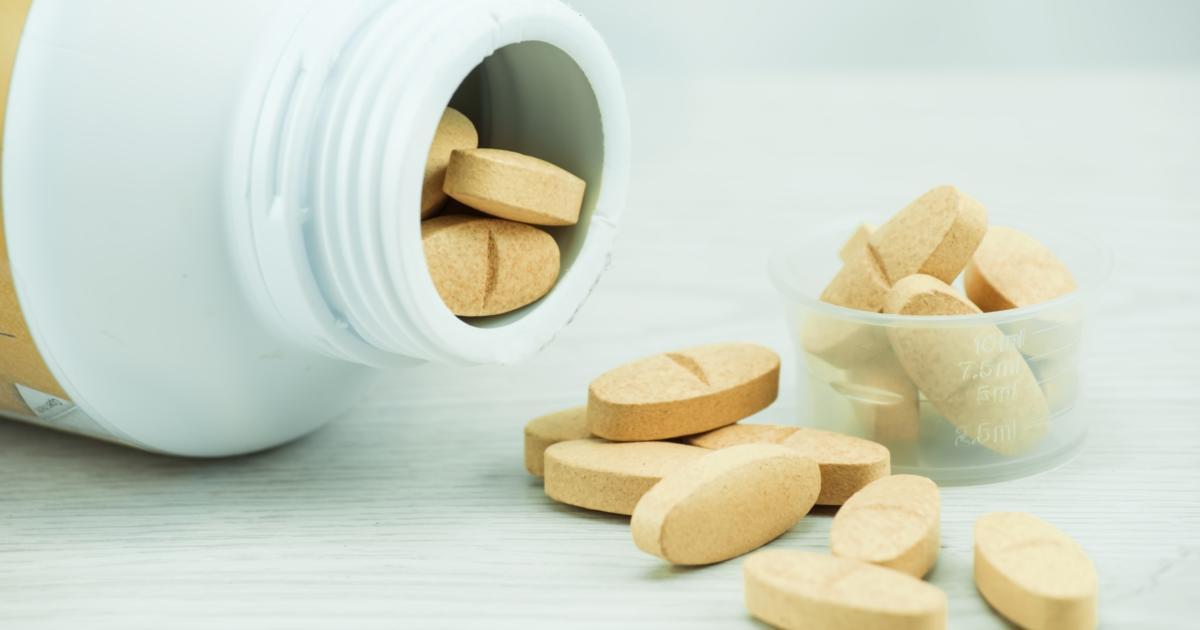
Sufferers of high blood pressure can try taking certain supplements to treat their conditions naturally. Folic acid supplements can be beneficial, especially for pregnant women dealing with high blood pressure. The negative effects of sodium can often be combatted by taking potassium supplements, which are also known to decrease blood pressure by reducing the amount of pressure on the walls of arteries. Garlic has long been known for its benefits for heart health and has the ability to reduce systolic and diastolic blood pressure readings significantly. Other good supplements to take for lowering blood pressure include fiber, magnesium, and melatonin. Before taking any supplements, however, it is strongly recommended to consult a doctor.
